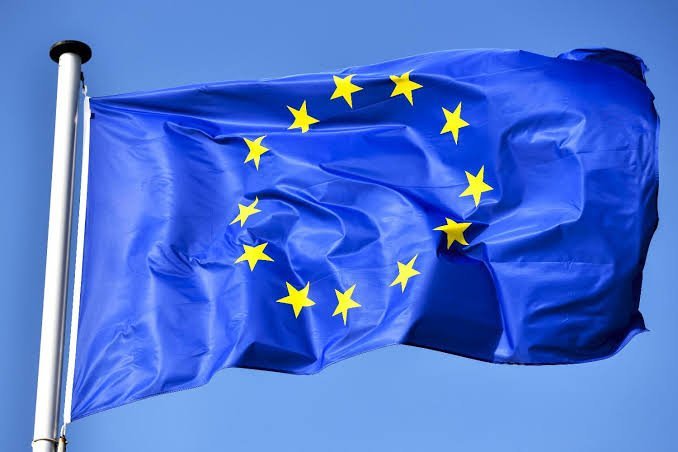EU Parliament Greenlights Markets in Crypto Assets Law – The European Union’s legislative body has approved the Markets in Crypto Assets (MiCA), which is a new set of regulations for the crypto industry in Europe. The final vote count was announced by the EU Parliament’s press service on Thursday, with 517 votes in favor, 38 votes against, and 18 abstentions.
In June 2022, the European Union’s decision-making body, the Council, informally agreed on legislation aimed at regulating the supervision, consumer protection, and environmental safeguards of digital assets, such as cryptocurrencies like bitcoin. The world’s first comprehensive regulatory package for the crypto industry, the law will cover the trading and issuance of assets that are currently not regulated by existing financial services laws.
People Also Read: Crypto Exchange Coinbase Receives License to Operate in Bermuda
The Parliament stressed that the new regulations would enhance consumer awareness regarding the risks, costs, and charges associated with their transactions. MiCA will require crypto service providers operating in the European Union to obtain licenses and establish a register for non-compliant companies. The main objective of this new regulation is to mitigate the risks of market manipulation, money laundering, and terrorist financing in the crypto industry.
Additionally, MiCA aims to address the environmental impact of cryptocurrencies by requiring larger service providers to disclose their energy consumption. Stefan Berger, the rapporteur for the legislation, stated that MiCA will safeguard consumers from fraud and help restore trust in the crypto industry, which has been negatively impacted by events such as the collapse of FTX, a crypto exchange, and other players. He emphasized: “This puts the EU at the forefront of the token economy with 10,000 different crypto assets. This regulation brings a competitive advantage for the EU.”
In a separate vote, a majority of 529 members of the Parliament approved additional legislation authorizing the tracing of crypto transactions. It’s meant to ensure that transfers of cryptocurrencies can “always be traced” and blocked, if they are found to be suspicious. The decision applies the so-called “travel rule,” from traditional finance, to transfers of crypto assets. It implies that information on the source of the asset and its beneficiary must “travel” with the transaction and be stored on both sides.
People Also Read: EU Crypto Licensing Regime Set for Approval as Lawmakers Signal Support
These provisions will also cover transactions from crypto addresses of private users, the so-called “self-hosted wallets,” if they exceed €1,000 (approx. $1,100) in fiat equivalent and when they transact with “hosted” wallets managed by service providers. In the announcement, the European Parliament mentioned that the regulations will not be applicable to transfers made directly between individuals, those that do not involve a provider, or transfers between providers who are acting on their own behalf.




